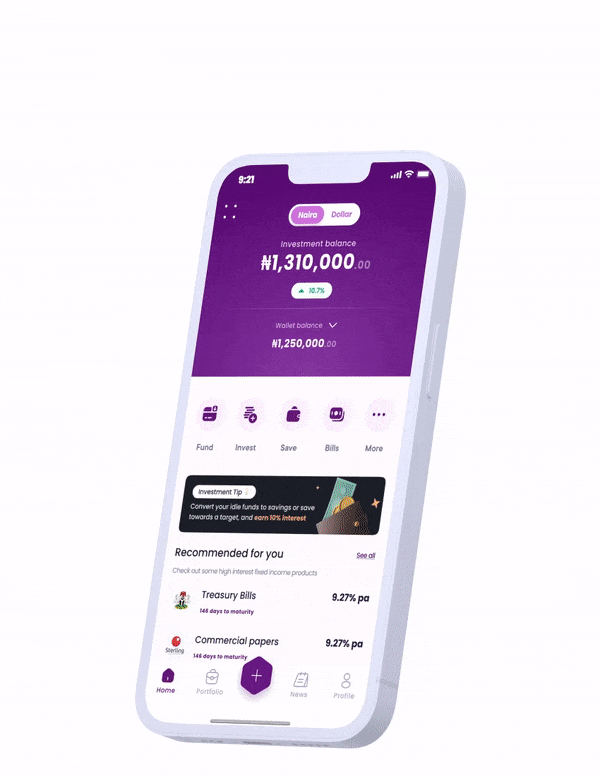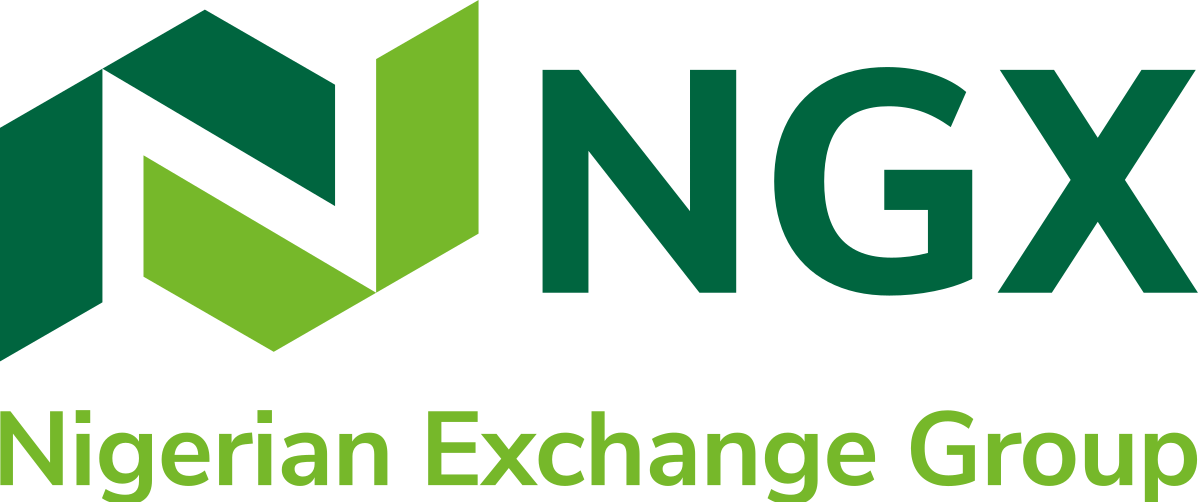Capital-raising decisions are made periodically by companies. News items discussing Company A issuing a debt instrument or Company B raising money are simply actions taken by these companies after making specific capital-raising decisions. But as an investor, what do these actions mean for you and your stake in the companies in question? Additionally, how do these decisions impact the broader Nigerian economy?
Background
The term “capital” is crucial when it comes to businesses. For instance, the money needed to start a business is intuitively called “capital” or “seed fund.” Additionally, the funds companies require to sustain their operations as a going concern are referred to as “working capital.”
Now, if two or more people decide to start a business and contribute money for its launch, this investment is termed an “equity” investment. However, if this money is borrowed from a second party (an individual or financial institution) or an “angel investor,” it is considered “debt” financing. Essentially, companies must decide whether to finance their operations using equity or debt based on strategic considerations. One such consideration is the affordability of debt financing compared to equity financing. Furthermore, debt financing creates leverage, which can enhance the return on investment.
Common knowledge suggests that a business in operation generates income from selling its products and services and reinvests that money to grow and expand its operations. However, in practical terms, businesses operate using various distribution and revenue recognition models. Some businesses follow a cash model, wherein customers pay cash immediately upon delivery, while others offer goods and services to their clientele on credit. There are numerous other models as well; this indicates that businesses don’t always have cash readily available to run their operations. Cash management is a strategic aspect of finance and accounting that enables organizations to achieve their strategic objectives efficiently.
In light of this background, when you see a news item stating that Company A has issued a commercial paper to raise N billions or is planning to issue a bond to raise X billions, it means that the management of Company A has made a strategic decision to use a debt instrument to meet their working capital needs or other objectives. This is important to note because there are various types of debt instruments with different structures, terms, and conditions.
Implications of Debt Instrument Use for Investors
What does the decision to use a debt instrument mean for an investor in Company A? First off, for a company to take on debt, management must be confident that its operations and cash flow are strong enough to generate positive returns to service that debt. Investment bankers and financial advisers do painstaking work to model the cash flows of companies and project their capacity to repay their debts. Companies that offer debt instruments to the public also require a credit rating from a credit rating agency. In simple terms, these ratings indicate the strength of the company’s operations and its capacity to repay its debt. Though there are various caveats to financial models and credit ratings, that’s a discussion for another time.
As an investor, common concerns include whether the management of the company is prudent in its oversight of the business and the protection of shareholders’ equity. A good board and management team make strategic decisions to improve returns for shareholders. The benchmark for a well-managed company shouldn’t just be its capacity to repay borrowed funds; rather, it should focus on the positive real returns that accrue to the owners of the company. This is evident in the company’s profitability, although there are often extenuating circumstances, such as the losses some companies report due to the devaluation of the Naira and the foreign exchange (FX) revaluation losses incurred.
The issue of naira devaluation and FX losses brings us to the final point: every Nigerian should understand what these factors mean and how they impact the general economy. Companies operating in Nigeria provide goods and services used by citizens, offer employment, support the communities they operate in, and pay taxes that contribute to the revenue of various levels of the Nigerian government. As these companies borrow money or issue debt instruments in naira and other foreign currencies to finance their operations, factors such as the exchange rate, interest rates, inflation, and electricity and fuel costs significantly impact their operations.
The Central Bank of Nigeria has hiked the Monetary Policy Rate (MPR) from 18.75% to 27.50% at the last Monetary Policy Committee (MPC) meeting in November 2024. This rate serves as the benchmark for lending by other banking and non-banking financial institutions. Needless to say, management teams analyze the various options available to raise the funds needed to finance their operations, growth, and expansion plans. The strategic decision to use debt or equity represents a capital structure decision that reflects the objectives of the company’s board and management.







